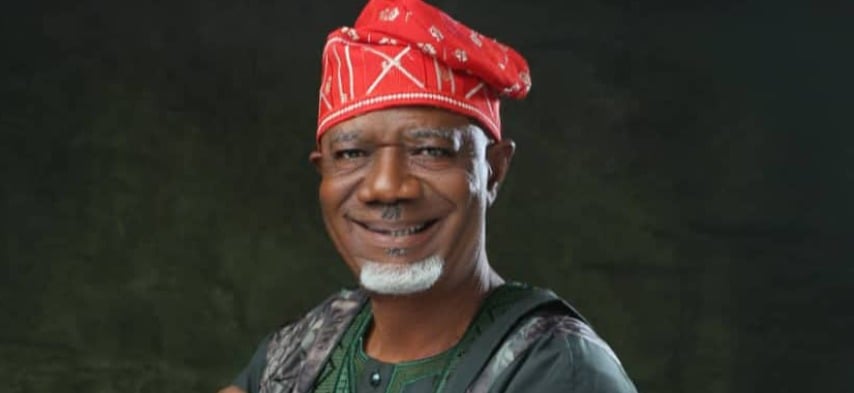A former Commissioner for Information, Sports, Culture, and Social Development in Ekiti, Sir Kayode Otitoju, said he feels fulfilled with the political and personal journey he has traversed.
In an interview ahead of his 70th birthday celebration on Monday, Otitoju, an All Progressives Congress (APC) chieftain recounted the defining moments of his political career.
He highlighted a dramatic episode that led to his emergence as the National Conscience Party (NCP) senatorial candidate for Ekiti North in 2003.
“My last visit to activist lawyer Femi Falana before the deadline for submitting party candidates to INEC was decisive.
“As I hesitated to sign the nomination form, my wife took a sheet, wrote my name, and handed it over to Falana. He laughed and insisted the name must be in my handwriting. That night, around midnight, I signed it, and Falana submitted it the next morning,” he recalled.
That act, Otitoju said, marked the beginning of an energetic campaign season where he, Falana, and the late Chief Gani Fawehinmi ran on the NCP platform for Senate, Governor, and President respectively.
Though Otitoju didn’t win the senatorial seat, the campaign dealt a heavy blow to the then-dominant Alliance for Democracy (AD), with the NCP securing two state Assembly seats and winning two wards in Ekiti North.
Otitoju said he later entered into a tactical alliance with the Peoples Democratic Party (PDP) to prevent AD from winning the governorship race, a move he described as “divine vengeance” for the injustice he faced.
He attributed his political relevance and subsequent appointments on the platform of the PDP to the support of Governor Ayodele Fayose. Despite not formally joining the PDP initially, Otitoju noted that his loyalty and influence earned him positions, thanks to what he called Fayose’s “political sagacity.”
“In gratitude, when Fayose was detained by the EFCC three years after I resigned from his administration, I stood surety for his bail,” Otitoju said.
Reflecting on Nigeria’s political evolution, Otitoju criticized the AD’s internal practices in 2003, which he believed triggered its collapse across the Southwest, except in Lagos.
“It was the same injustice that pitched Bola Ahmed Tinubu against Pa Adesanya, the National Leader of the AD Party,” he said. “In the end, AD lost woefully to PDP in the 2003 general election in the South West. In fact, only Lagos State, through the resilience and stubbornness of Bola Ahmed Tinubu, was able to survive the avalanche of political defeat sustained by the AD.
“Many blamed Chief Olusegun Obasanjo’s re-election bid, but I say it was AD’s impunity that led to its downfall,” he added.
He acknowledged the financial demands of politics, noting that his successful car dealership, Jukot Motors, funded his early political ambitions.
“Politics made me sell vehicles, land, and houses in Lagos,” he said. “But I have no regrets. I’ve helped the voiceless, brought attention to my community, and proved that politics isn’t only for society’s rejects.”
Beyond politics, Otitoju spoke proudly of his contributions to public service. He cited his role in revamping Lekki Phase 1 as Chairman of the Lekki Residents Association (LERA), and his tenure at the Securities and Exchange Commission (SEC), where he chaired the board’s project committee and helped secure a permanent headquarters for the agency.
He also celebrated his legacy through his daughter, Tosin Otitoju, a globally recognized academic who topped the West African Examination Council (WAEC) exams in 1996 and later became the first Howard University graduate to win the prestigious Puncaire Scholarship for doctoral studies at Caltech, USA.
Known for his tenacity and belief in the judiciary, Otitoju said he always resolves conflicts through legal channels and always wins.
“At 70, I feel fulfilled,” he concluded. “I believe I have served God, humanity, and my people well.”






